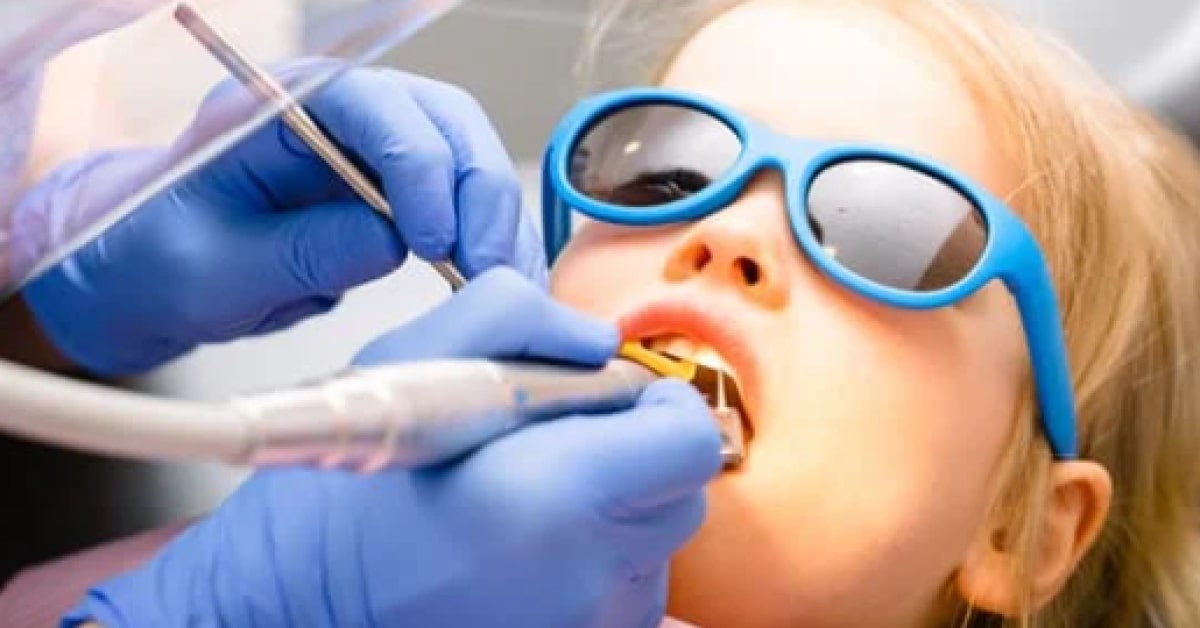Blog
July 06, 2023 • 10 mins readJaws, Ignored by Most Dental Insurance and Denied by Medical Insurance, Finding a Way Through
Are you struggling to find a way to pay for JAWS dental care? Learn how to navigate the insurance landscape and get the care you need for JAWS dental insurance.
Author
Danielle Duncan

In this Article
Temporomandibular joint (TMJ) disorder, commonly referred to as TMD, is a painful and often debilitating condition that affects millions of people worldwide. Despite its prevalence, however, TMD is often ignored by most dental insurance and medical insurance providers, leaving sufferers to bear the brunt of the costs associated with treatment. In this article, we will explore the reasons behind this lack of coverage and provide some tips on how to get your insurance company to cover your TMD treatment.
What is TMD?
Before we delve into the reasons behind the lack of coverage for TMD, let’s first define what it is. TMD is a condition that affects the temporomandibular joint, which is the hinge joint that connects your jaw to your skull. This joint is responsible for allowing you to open and close your mouth, eat, talk, and yawn. When functioning properly, TMD can cause a range of symptoms, including:
- Jaw pain
- TMJ headache
- Distinct popping or clicking when the mouth is opened or closed.
- Difficulty chewing or biting
- Ear pain
- Neck and shoulder pain
The causes of TMD are not fully understood, but it is believed to be the result of a combination of factors, including genetics, trauma to the jaw, and teeth grinding. Treatment options for TMD include medication, physical therapy, and surgery in severe cases.
Why is TMD often not covered by insurance?
Despite the fact that TMD is a common and often debilitating condition, it is frequently not covered by dental or medical insurance providers.
Lack of consensus on treatment:
There is no one-size-fits-all treatment for TMD, and the effectiveness of different treatment options can vary widely from patient to patient. This lack of consensus on treatment makes it difficult for insurance providers to determine which treatments are covered.
High cost of treatment:
TMD treatment can be expensive, especially if surgery is required. Insurance companies are often reluctant to cover such high-cost treatments, as they can have a significant impact on their bottom line.
Limited coverage for oral healthcare:
Many dental insurance plans are designed to cover routine dental care, such as cleanings and fillings, but do not provide coverage for more complex procedures, such as TMD treatment.
Lack of understanding:
TMD is a complex condition that is not well understood by many healthcare providers. This lack of understanding can lead to misdiagnosis and inappropriate treatment, which can result in higher costs for insurance companies.
How to get your insurance company to cover TMD treatment to help your patients find jaw pain relief.
If your patient is suffering from TMD and you are struggling to get the medical insurance company to cover treatment, there are several steps that can be taken:
Have the patient review their insurance policy:
Having patients take a closer look at their insurance policy to determine what is covered and what is not can help in some circumstances. If the patient is unsure if treatment is covered by their provider without a deep knowledge of billing medical insurance for TMD treatments, a quick call to their provider can help provide answers.
Consult with a medical billing professional:
If the patient has been diagnosed with TMD and you aren’t sure where to start with billing medical insurance, talking with an expert on medical billing can help. Our amazing Imagn billing team is here to help make heads or tails of medical billing for TMD!
Request pre-authorization:
Before the patient undergoes any treatment, request pre-authorization from the patient’s insurance provider. This will ensure that you know exactly what is covered and what is not before any costs are incurred.
Appeal denied claims:
Appeal, a word that you aren’t a fan of if you have ever billed medical or dental insurance. If the patient’s insurance provider denies coverage for their TMD treatment, don’t give up. You have the right to appeal the decision, and in many cases, a successful appeal can result in coverage for the patient’s treatment.
TMD is a painful and often debilitating condition that affects people all over the world. Unfortunately, it is often not covered by dental or medical insurance providers, leaving sufferers to bear the brunt of the costs associated with treatment. By understanding the reasons behind this lack of coverage and taking steps to advocate for your patients, however, you can increase your chances of getting the coverage your patients need to manage their TMD symptoms and improve your quality of life.



